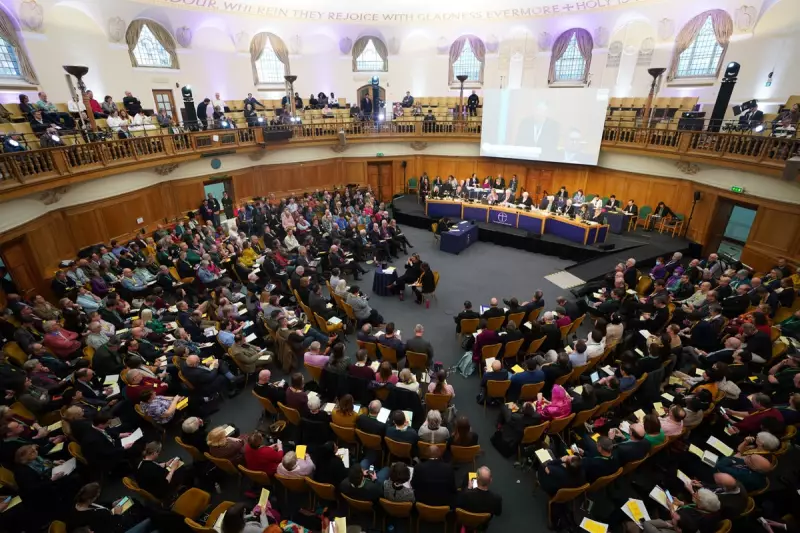
The Church of England is confronting a severe crisis of confidence as a damning independent review exposes critical flaws in its flagship compensation scheme for abuse survivors. The report, seen by The Independent, reveals a system that has left victims feeling re-traumatised, betrayed, and financially short-changed.
A Scheme Failing the Vulnerable
Established with the intention of providing redress, the Church's 'Interim Support Scheme' has instead become a source of further anguish. The review, led by a leading QC, found that the process was so poorly communicated and inconsistently applied that many survivors had their expected awards slashed at the last minute.
One survivor recounted the profound devastation of having a promised award significantly reduced, describing it as a 'real kick in the teeth' that compounded their existing trauma.
Systemic Issues and a Lack of Trust
The investigation uncovered several systemic failures:
- Inconsistent Decision-Making: Awards varied wildly with no clear, transparent rationale, leading to perceptions of unfairness.
- Poor Communication: Survivors were left in the dark for months, exacerbating anxiety and distress.
- Lack of Victim Focus: The process was deemed overly bureaucratic and legalistic, failing to prioritise the wellbeing of those it was designed to help.
These findings have severely eroded trust between survivors and the Church's national safeguarding body.
National Scandal Demands Immediate Action
Victim advocates have labelled the situation a 'national scandal,' accusing the Church of behaving like a 'cut-price insurance company' intent on minimising payouts rather than offering genuine pastoral care. The review concludes that the Church must urgently overhaul its approach, moving towards a simpler, more generous, and trauma-informed redress system.
A spokesperson for the Church of England acknowledged the report's findings and pledged to 'do better,' stating that the recommendations are being considered with the utmost seriousness. For survivors, however, these promises ring hollow after years of what they perceive as institutional neglect and betrayal.





